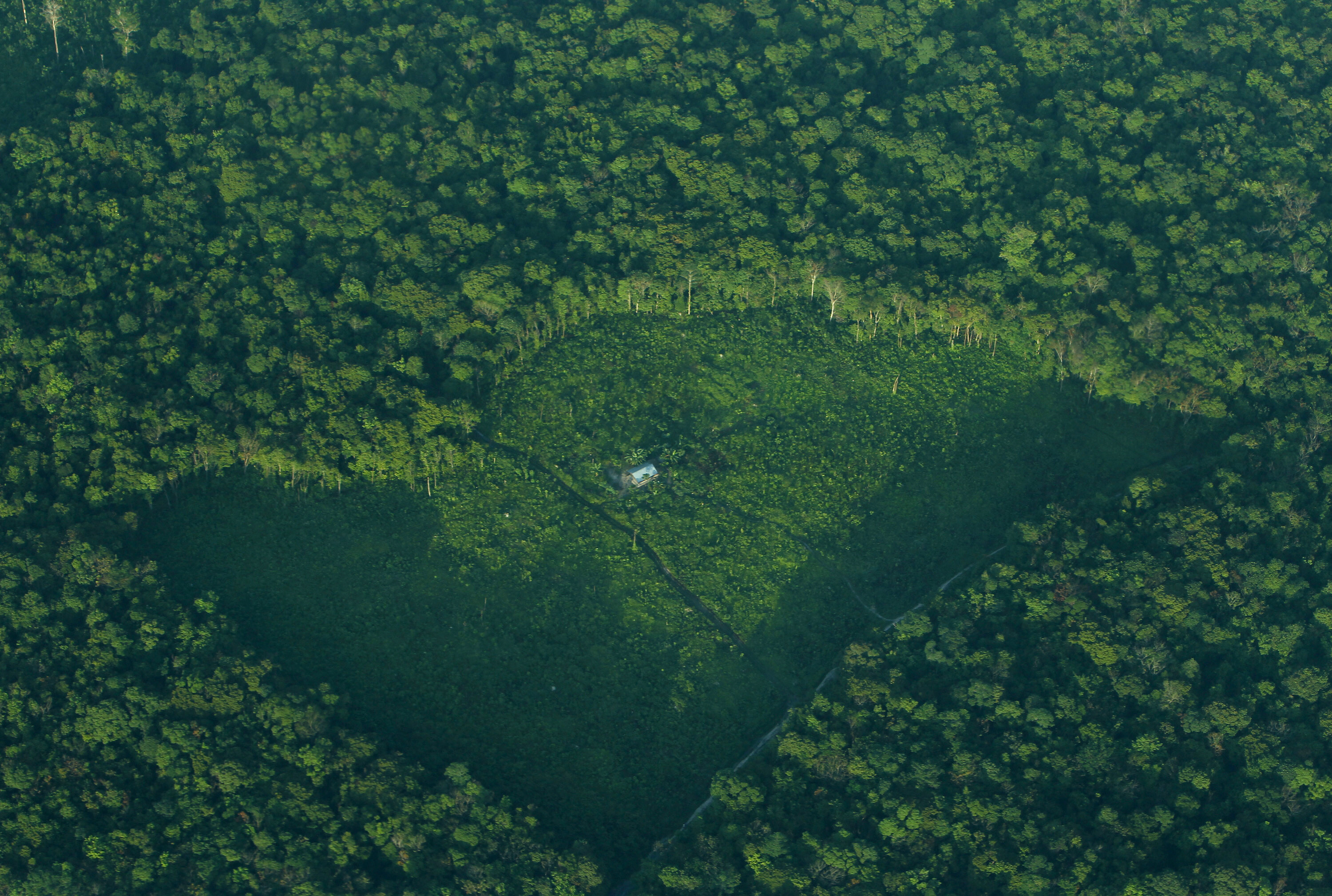How to navigate an era of disruption, disinformation, and division

The Global Risks Report 2024 finds that the world’s top three risks over the next two years are false information, extreme weather and societal polarization.
This article is published in Time.
Recent years have heralded a particularly disruptive period in human history. Against the backdrop of a warming planet and the spillover effects of the COVID-19 pandemic, we face some of the most challenging economic and geopolitical conditions in decades. And things may only deteriorate from here.
These challenges are detailed at length in the World Economic Forum’s Global Risks Report 2024, released this week. The report, based on the views of nearly 1,500 global risks experts, policy-makers, and industry leaders, finds that the world’s top three risks over the next two years are false information, extreme weather, and societal polarization.

The threat posed by mis- and disinformation takes the top spot in part because of just how much open access to increasingly sophisticated technologies may proliferate, disrupting trust in information and institutions. The boom in synthetic content that we’ve seen in 2023 will continue, and a wide set of actors will likely capitalize on this trend, with the potential to amplify societal divisions, incite ideological violence, and enable political repression.
Over the next two years, nearly 4 billion people will head to national or municipal polls across several economies, including the U.S., India, Mexico, Pakistan, and Indonesia. The presence of mis- and disinformation in electoral processes could risk destabilizing the real and perceived legitimacy of newly elected governments, and manipulative campaigns have the potential to undermine democratic processes overall.
What’s more, false information and societal polarization are inherently intertwined, with potential to amplify each other. Polarized societies may become polarized not only in their political affiliations, but also in their perceptions of reality. That can have a profound impact on many crucial issues ranging from public health to social justice and education to the environment. Falsified information can also fuel animosity toward specific groups, from bias and discrimination in the workplace, to violence and hate crimes.

These trends are occurring at a time of heightened economic hardship for many people around the globe even as inflation risks begin to be curtailed. Together, this potent mix of economic distress, false information, and societal divisions can create challenges for many societies, providing fertile ground for continued strife, uncertainty, and erratic decision-making.
This has broad repercussions for the long-term outlook. Ten years out, according to our Global Risks Report 2024, the top three risks are all related to the climate emergency: extreme weather, change to Earth systems, and biodiversity loss. Mis- and disinformation stays high on the agenda at number 5, followed by other adverse outcomes of AI technologies at number 6, and involuntary migration at number 7, while societal polarization also stays in the top 10.

Managing both shorter- and longer-term risks will need innovation and trustworthy decision-making. And that is only possible in a world with alignment on the facts. Addressing the immediate risk of mis- and disinformation is therefore a must not just for our societies today but also to strengthen our ability to mitigate other emerging risks.
In this year’s report, we look at the actions that span varying degrees of cooperation: localized strategies, breakthrough endeavors, collective actions, and cross-border coordination all have an important part to play. For a borderless risk like mis- and disinformation, a multi-pronged approach is needed across countries and industries, including standards and principles for responsible media in the age of AI, watermarking systems for AI-generated content, new laws and regulations for synthetic content, digital and media literacy for citizens, and ethical leadership.
The world must prepare for the risks we cannot avoid and to come together to prevent or lessen the likelihood of the risks that we can. The future is not fixed—it is within our power to shape a bright tomorrow. But to do so, we need a basis of trust and truth.
This article was published as part of the World Economic Forum Annual Meeting 2024 discussions. Read the Global Risks Report 2024 here.
Have you read?
Don't miss any update on this topic
Create a free account and access your personalized content collection with our latest publications and analyses.
License and Republishing
World Economic Forum articles may be republished in accordance with the Creative Commons Attribution-NonCommercial-NoDerivatives 4.0 International Public License, and in accordance with our Terms of Use.
The views expressed in this article are those of the author alone and not the World Economic Forum.
Stay up to date:
Global Cooperation
Related topics:
Forum Stories newsletter
Bringing you weekly curated insights and analysis on the global issues that matter.
More on Global CooperationSee all
Sebastian Buckup and Maximilian Martin
November 13, 2025





